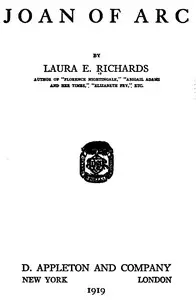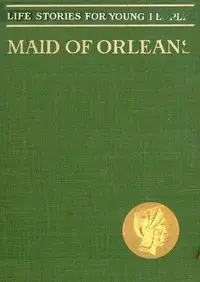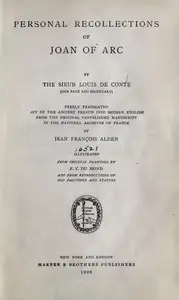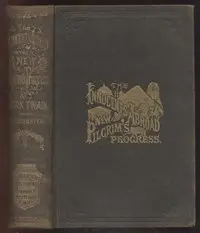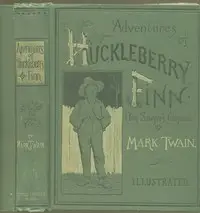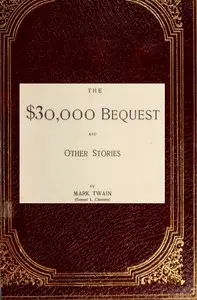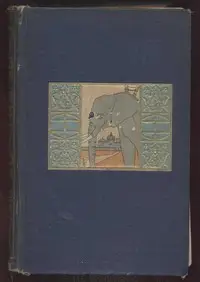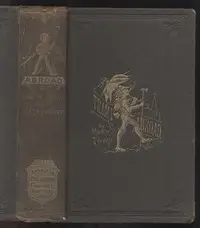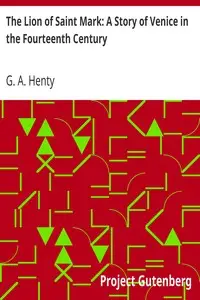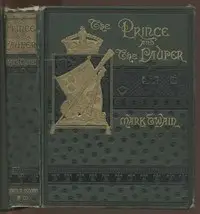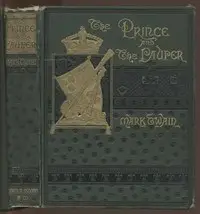"Personal Recollections of Joan of Arc — Volume 2" by Mark Twain is a historical novel that recalls the remarkable life of Joan of Arc through the eyes of her page and secretary, Louis de Conte. The story plunges into a crucial phase of Joan’s journey, with a prophecy of her tragic end looming over her. The narrative displays her bravery and determination to Catherine Boucher, all while hinting at her unfortunate destiny. Despite the impending doom, Joan's military exploits bring hope and lift the morale of the French army. This volume highlights her leadership and the emotional complexities of her prophecies, paving the way for understanding her enduring legacy.

Personal Recollections of Joan of Arc — Volume 2
By Mark Twain
Amidst battles and divine visions, a young leader carries the weight of a prophecy that foretells her glorious yet tragic fate.
Summary
About the AuthorSamuel Langhorne Clemens, known by the pen name Mark Twain, was an American writer, humorist, and essayist. He was praised as the "greatest humorist the United States has produced," with William Faulkner calling him "the father of American literature." Twain's novels include The Adventures of Tom Sawyer (1876) and its sequel, Adventures of Huckleberry Finn (1884), with the latter often called the "Great American Novel." He also wrote A Connecticut Yankee in King Arthur's Court (1889) and Pudd'nhead Wilson (1894) and cowrote The Gilded Age: A Tale of Today (1873) with Charles Dudley Warner.
Samuel Langhorne Clemens, known by the pen name Mark Twain, was an American writer, humorist, and essayist. He was praised as the "greatest humorist the United States has produced," with William Faulkner calling him "the father of American literature." Twain's novels include The Adventures of Tom Sawyer (1876) and its sequel, Adventures of Huckleberry Finn (1884), with the latter often called the "Great American Novel." He also wrote A Connecticut Yankee in King Arthur's Court (1889) and Pudd'nhead Wilson (1894) and cowrote The Gilded Age: A Tale of Today (1873) with Charles Dudley Warner.




